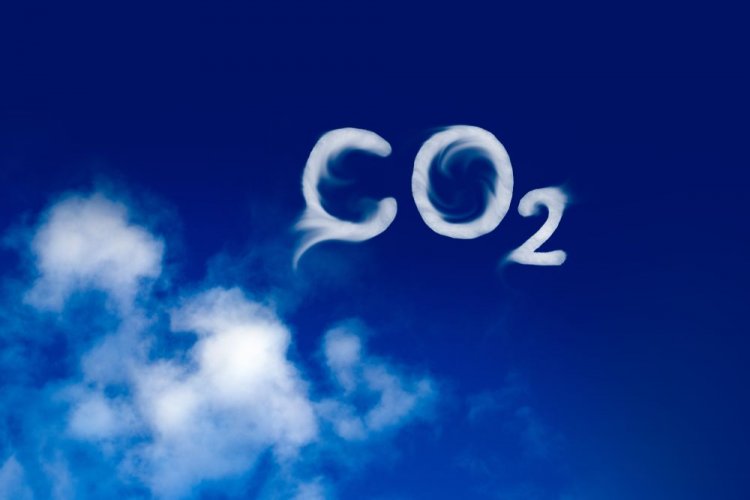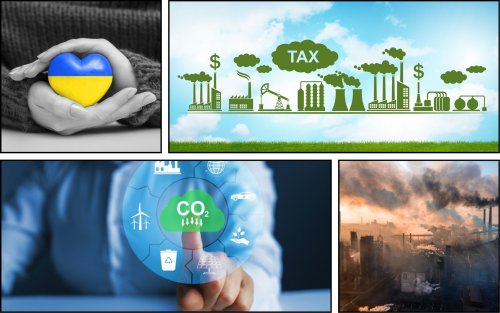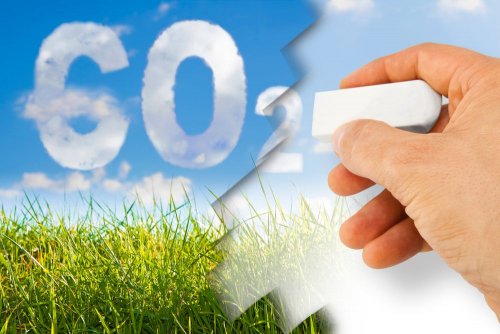The Minister of Environmental Protection and Natural Resources, Ruslan Strilets, said that in Ukraine, the greenhouse gas emissions trading system is planned to be launched in 2025 in a test mode.
ETS can be launched on the basis of the system of monitoring, reporting and verification of greenhouse gas emissions (GHG) based on data for three years, but the agency is working on shortening these terms, he said in an interview for Energoreforma.
The shooter explained that the Ministry of Foreign Affairs has been launched since 2021. Before the full-scale invasion of installations that carry out emissions of greenhouse gases, there were more than a thousand. According to preliminary calculations, taking into account destruction in Donbas and other regions, the number of such installations decreased by approximately 40%. Registration in the MFA system continues.
"We already have reporting under this system. Unfortunately, it is not yet online," he said, adding that reporting will be transferred to the online mode on the EcoSystem platform.
According to him, for the launch of ETS, comparable data with the Ministry of Foreign Affairs for at least three years are necessary. However, the agency is working on shortening these terms.
"It is important that next year the Verkhovna Rada has a law on ETS. For our part, we will accompany it so that it is accepted by the Council, and this system will be launched already in 2025, even in pilot mode," Strelets emphasized.
The minister added that there is also a proposal to launch ETS in test mode so that companies can "trade without money". This will show gaps in the system's operation that need to be finalized.
He explained that the launch of ETS will allow Ukrainian importers to avoid the burden of the European one carbon import adjustment mechanism CBAM. From October 1, 2023, companies are only required to report their emissions, and the payment of the carbon tax will begin from January 1, 2026.
"CBAM – this is a fuse in itself, which will create obstacles for Ukrainian industry only if Ukraine does not implement ETS, – said Strelets. – If we create our national ETS, which will fully correspond to the European one, including the price of CO2 emissions, or integrate our ETS with the European one, then CBAM is absolutely not scary to us."
He emphasized that the integrated ETS will move Ukraine within the borders of the CBAM.
"We are talking about titanic work that needs to be done quickly so that CBAM is not for us at all, but for those who will be exporters of goods to Ukraine," Strelets added.
Earlier, EcoPolitic wrote, that members of the committee of industrial ecology and sustainable development of the European Business Association presented the study "The concept of building a system of trading emission quotas in Ukraine. The path to sustainable development, a step towards the EU". The study is designed to start a public dialogue regarding creation of a market for trading greenhouse quotas in Ukraine.
Previously, EcoPolitic has collected the main proposals for the formation of ETS and caveats regarding them.





